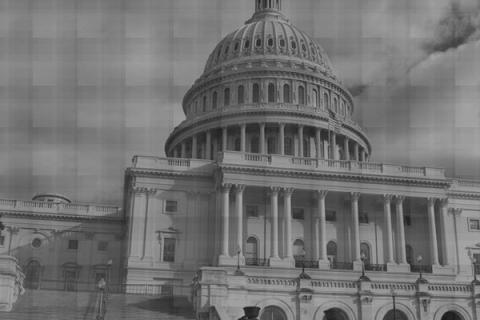Whatever position Jon Huntsman achieves for himself in the race for Republican Presidential nominee, he may have successfully opened the door to real competition against his old boss. By declaring himself to be on the side of the majority of the scientific community, Huntsman may have shown the GOP that its more extreme candidates have a few chinks in their armor when it comes to the general electorate they will face in November 2012.
"To be clear. I believe in evolution and trust scientists on global warming. Call me crazy," he said in a tweet last week that caused a media frenzy.
Huntsman is unlikely to become the Republican standard bearer as a result of (or in spite of) his tweet, but he may just have created an opportunity for reasonably minded Republican candidates to sing a different tune during the primary and the later presidential election.
In my view, his statement – as innocent as it seems to many Americans – is just what independent-minded voters wanted to hear from the party representing conservative principles. A Gallup survey from 2007 showed that while most Republicans do not believe in the theory of evolution, most Independents and Democrats do.
Two of the top four Republican contenders – Michelle Bachmann and Rick Perry, fall into the category of “values candidates.” A third, Sarah Palin, has yet to announce. Candidates Mitt Romney and Dr. Ron Paul put their main emphasis on economic issues, although Paul also focuses on U.S. foreign & drug policy, which challenge standard evangelical views. But neither directly confronts the “values” mantra in the way that Huntsman’s tweet did.
The question is, how much will the values positions pull the Republican standard bearer away from the center of America? I would argue that recent polls showing values candidates running neck-and-neck with the President are too early in the process to provide reliable guidance, and come at a time when only the Republicans have been actively politicking. In fact, the closeness of those polls indicates that Obama is in pretty good shape compared to previous Presidents running for their second terms. As an example of poll anomalies, on the 23rd of July 1984, at the end of the Democratic Convention, Walter Mondale led Ronald Reagan by two percentage points. This was clearly because of the vaunted convention bump, and Reagan went on to win a decisive victory.
The point is, early polls, especially against little or no opposition, are relatively meanigless. And if the Republicans cannot find a candidate who concentrates on matters other than social issues and who does not demonstrate the broad intellectual curiosity to lead the nation and the world, they risk ceding the next four years of Presidential control to the Democratic candidate.
And, it is not a question of this outcome being so horrid. As President, Obama has led from the center and achieved a great deal, at least according to most Democrats. Although, to be fair, he has not yet had the opportunity to defend his record aggressively as a candidate.
Ultimately, the two-party system thrives when competition is robust. No matter what my affiliation, I want a choice. And I suspect that is true of most Americans. The parties let us down when they choose to operate at the margins in order to satisfy only their “base.” This is precisely what is wrong with the closed primary system, and it is how seemingly unqualified candidates become nominees for high office.
But along comes Jon Huntsman with his bald-faced statement that he accepts consensus science positions. Huntsman has put a new marker down on the political table. Only time will tell if the Republican Party takes advantage of this opening to engage the Democrats in a genuine debate of some of this era’s big issues.

